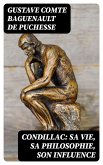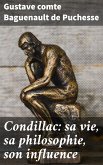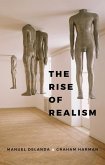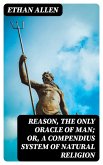In "The Rise and Influence of the Spirit of Rationalism in Europe," William Edward Hartpole Lecky embarks on an intricate exploration of the evolution of rational thought across Europe from the Renaissance to the 19th century. Lecky employs a compelling narrative style, deftly combining historical analysis with philosophical discourse, to illuminate how rationalism emerged as a transformative force against the backdrop of superstition and dogma. Through meticulous research, he articulates the complex interplay between various intellectual movements, religions, and scientific advancements, revealing how rationalism reshaped societal norms, ethics, and political thinking in profound ways. Lecky, an influential Irish historian and philosopher, was deeply entrenched in the intellectual currents of his time, which informed his exploration of rationalism. His interest in the interplay of history, ethics, and societal development is evident in his broader work, which often emphasizes the importance of reason and skepticism. Growing up in a time marked by scientific discovery and ideological upheaval likely fueled his quest to articulate the significant impact of rational thought on European civilization. This book is essential for readers interested in the foundations of modern thought and the historical evolution of rationalism. Lecky's nuanced understanding offers an enlightening perspective that resonates with contemporary debates about the role of reason in public discourse. Whether a scholar of philosophy or a curious reader, this work will enrich your understanding of the intellectual heritage of Europe.
Dieser Download kann aus rechtlichen Gründen nur mit Rechnungsadresse in A, B, BG, CY, CZ, D, DK, EW, E, FIN, F, GR, H, IRL, I, LT, L, LR, M, NL, PL, P, R, S, SLO, SK ausgeliefert werden.









